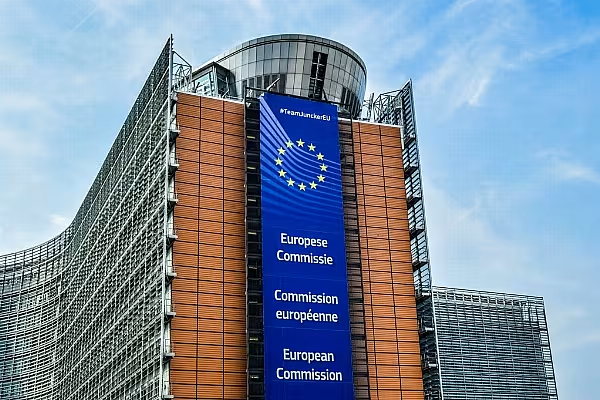EuroCommerce, the body which represents the retail and wholesale sector in Europe, has expressed concern over the European Commission’s draft directive on EU rules for setting minimum wages.
It noted that safeguarding the autonomous role of the social partners in collective bargaining at national, sectoral and company level is essential.
The Commission has not taken account of employers’ views, EuroCommerce said, and pressed ahead with wage legislation under provisions of Article 153/TFEU on working conditions, when Article 153(5) expressly excludes any action under the Treaty on pay and collective bargaining.
Commenting on the draft directive, EuroCommerce director-general, Christian Verschueren, said that retailers and wholesalers value their employees highly, and always seek to properly reward their hard work.
He added, “We pay well above the minimum rates on average where countries set these by legislation, and engage positively in collective bargaining where that is the norm.
“We, therefore, see no need, nor the possibility under the Treaty, to set rules on pay and collective bargaining at the EU level.”
EuroCommerce also highlighted that the draft directive seeks to set intrusive EU targets for adequacy, coverage and variations of minimum wages in member states, which seem inconsistent with the statements in the proposal that the rules do not seek to cut across national arrangements for collective bargaining and minimum wages.
'The Wrong Solution At The Wrong Time'
Verschueren explained, “We fear that top-down solutions at EU level may take insufficient account of the present economic situation, may crowd out very positive bottom-up solutions being agreed with social partners at national, sectoral and company level, and undermine trust in systems which are working well.
“We are very willing to work with the Commission on promoting social partnership throughout Europe, but believe the present proposal is the wrong solution at the wrong time."
EuroCommerce also noted that this is not the right time to increase administrative burdens on shops and businesses fighting for survival, particularly SMEs.
An impact assessment by the European Commission assumed that SMEs will be able to shift the costs of higher wages onto consumers, EuroCommerce added.
The body has urged the Commission to review this assumption and examine the real market conditions at the sectoral level, into which the proposal will be launched.
Proper Employee Protection
EuroCommerce reiterated its support for proper employee protection and national minimum wages in countries, in accordance with national law and practice.
It believes that wages should be set at the closest possible level to the workplace to adequately respond to the fundamental and rapid changes in the sector due to the pandemic.
Retail and wholesale are Europe’s largest private-sector employers, providing 29 million direct jobs.
The Commission has recognised it as one of the most severely hit by the COVID-19 crisis in the context of the Next Generation EU recovery fund, EuroCommerce added.
© 2020 European Supermarket Magazine – your source for the latest retail news. Article by Dayeeta Das. Click subscribe to sign up to ESM: European Supermarket Magazine.














